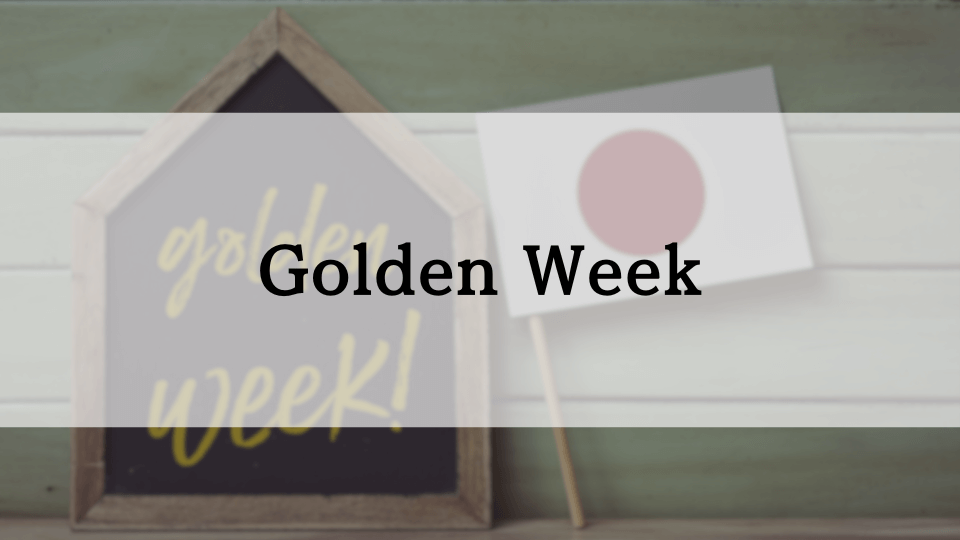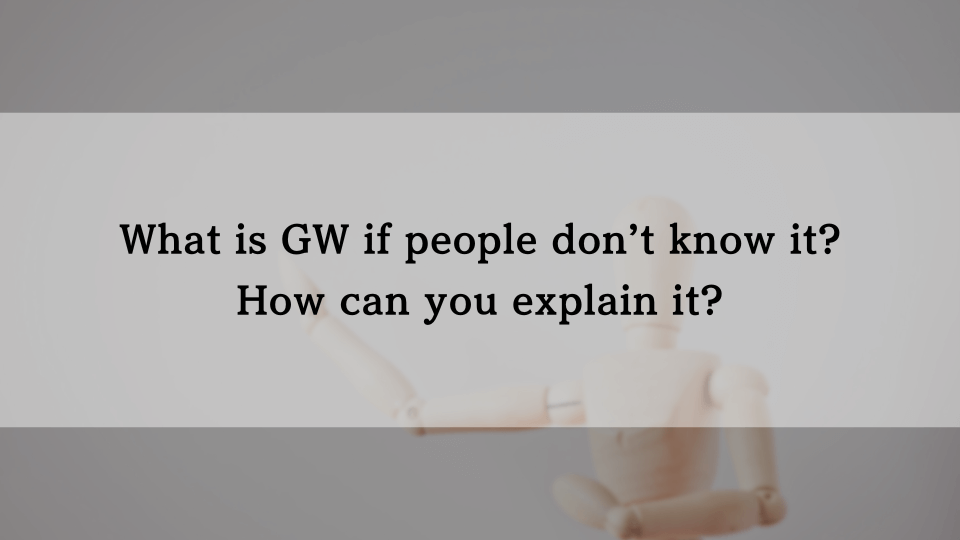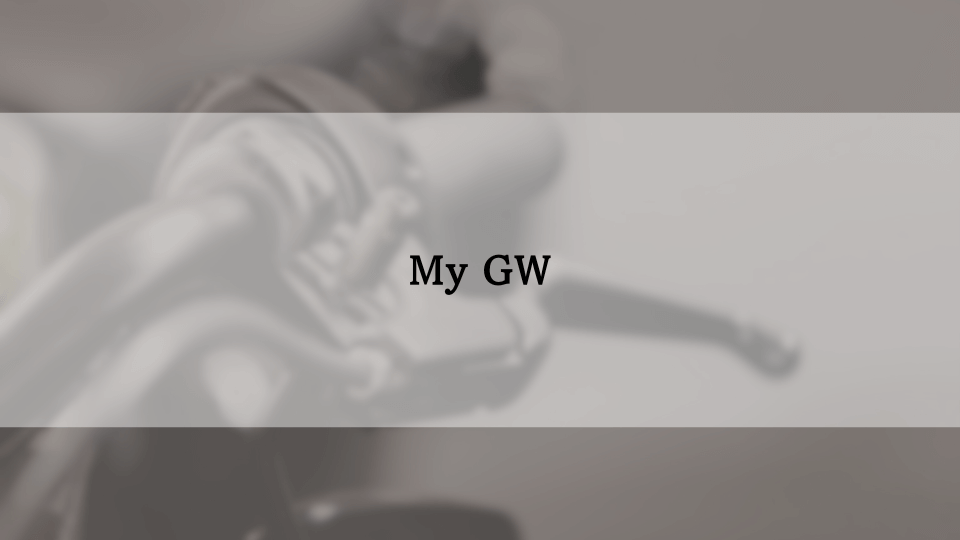【ヘンリー先生】
「What do you have in mind?」というフレーズを聞いたことはありますか?
これは、相手が何を考えているか、何をしたいのかを尋ねる方法です。
このフレーズは、職場や友人との会話など、さまざまな状況でよく使われます。
このブログでは、この「What do you have in mind?」の意味や使い方、類似フレーズについてご紹介します。このフレーズに関する私の体験も共有します。
実践的な英語ならケンジントン英会話
ケンジントン英会話では、教科書には載っていない、生きた表現を身に付けられます。
福岡市内の教室やオンラインで、経験豊富でフレンドリーな講師と一緒に英語を学びませんか?
実践的な英語を学びたい方はケンジントン英会話の公式サイトをチェック!
「What do you have in mind?」の意味
誰かが「What do you have in mind? (何を考えていますか?/何か案がありますか?)」と尋ねるとき、その人はあなたのアイデアや計画を知りたいのです。
これは、何かについてあなたの考えを尋ねる方法です。
この質問は会話を始めるために使われ、誰かがあるトピックについて何を考えているのかを知るのに役立ちます。
「What do you have in mind?」を使った例文
[職場]
Jaimie: Hi Tim, I was thinking that we should start a Kensington Employee of the Month award and I know exactly who should get the first prize for September.
(やあ、ティム。ケンジントンの月間優秀社員賞を始めようと思ってたんだけど、9月の最初の賞を誰が受賞すべきかもう分かってるんだ。)
Tim: Oh, that’s a nice idea Jaimie, whom do you have in mind?
(ああ、それはいいアイデアだね、ジェイミー。誰を考えていますか?)
Jaimie: But of course you Tim, who else?!
(もちろんあなた、ティムだよ。他に誰がいる?!)
Tim: Oh, I don’t know Jaimie, it’s a good idea but I can’t accept it.
(ああ、分からない、ジェイミー、それはいいアイデアだけど、私は受けとれないよ。)
Jaimie: You’re such a great person, Tim.
(あなたは本当に素晴らしい人ですね、ティム。)
[遊びの計画]
Jaimie: Hey Tim, do you want to hang out this weekend?
(ねえ、ティム、今週末に遊ばない?)
Tim: Sure Jaimie, what do you have in mind?
(いいよ、ジェイミー。何か考えてることがある?)
Jaimie: How about Chinese at that nice place near our school?
(私たちの学校の近くのあの素敵な場所で中華料理はどう?)
Tim: Sounds great!
(いいね!)
[提案を求める]
A: We’re trying to choose a new paint color. What do you have in mind?
(新しいペンキの色を選ぼうとしているんだけど、何か考えはある?)
B: How about eggshell white for the living room and baby blue for the kitchen?
(リビングにはエッグシェルホワイト、キッチンにはベビーブルーなんてどう?)
「What do you have in mind?」の類似フレーズ
類似フレーズには下記のフレーズがあります。
What do you think about…?(〜についてどう思いますか?)
Do you have any ideas for…?(〜について何かアイデアはありますか?)
How do you see…?(〜をどう見ますか?/ 〜についてどう考えますか?)
「What do you have in mind?」に関連する私の経験
「What do you have in mind?」は、職場や友達、家族との会話で非常に便利な表現で、私はかなり頻繁に使います。
このフレーズは、相手が何を望んでいるのか、何を考えているのかを理解するのに役立ちます。
これを使って友好的に会話を始めたり、アイデアを共有することができます。
例えば最近、家族に娘の誕生日のディナーにどのレストランを考えているか尋ねました。(I asked my family what restaurant they had in mind for the birthday celebration dinner.)
「Yakiniku would be great! (焼肉がいい!)」と一番下の娘がすぐに答えました。
まとめ
「What do you have in mind?」は、お互いをよりよく理解するのに役立つ便利なフレーズです。
アイデアや意見を尋ねる友好的な方法です。
このフレーズを使いこなすことで、コミュニケーションスキルが向上し、他者とより簡単につながることができます。
相手が何を望んでいるのか分からないときは、ぜひ「What do you have in mind?」と尋ねてみてください。
実践的な英語ならケンジントン英会話
ケンジントン英会話では、教科書には載っていない、生きた表現を身に付けられます。
福岡市内の教室やオンラインで、経験豊富でフレンドリーな講師と一緒に英語を学びませんか?
実践的な英語を学びたい方はケンジントン英会話の公式サイトをチェック!
[英語原文]
Have you ever heard someone ask, “What do you have in mind?” It’s a way of asking what someone thinks or wants to do. We use it a lot in different situations, like at work or with friends. In this blog entry, I’ll explain what this phrase means, show examples of how it’s used, talk about similar phrases, and share some personal stories.
What does “What do you have in mind?” mean?
When someone asks, “What do you have in mind?”, they want to know your ideas or plans. It’s a way of asking for your thoughts on something. This question is used to start a conversation and find out what someone wants or thinks about a topic.
Examples of “What do you have in mind?”
1. At work
Jaimie: Hi Tim, I was thinking that we should start a Kensington Employee of the Month award and I know exactly who should get the first prize for September.
Tim: Oh, that’s a nice idea Jaimie, whom do you have in mind?
Jaimie: But of course you Tim, who else?!
Tim: Oh, I don’t know Jaimie, it’s a good idea but I can’t accept it.
Jaimie: You’re such a great person, Tim.
2. Planning a hangout
Jaimie: Hey Tim, do you want to hang out this weekend?
Tim: Sure Jaimie, what do you have in mind?
Jaimie: How about Chinese at that nice place near our school?
Tim: Sounds great!
3. Asking for suggestions:
A: We’re trying to choose a new paint color. What do you have in mind?
B: How about eggshell white for the living room and baby blue for the kitchen?
Other ways to ask the same thing
- What do you think about…?
- Do you have any ideas for…?
- How do you see…?
My experiences with “What do you have in mind?”
“What do you have in mind?” is a quite handy expression in conversations at work, with friends and family so I use it fairly often. It helps me understand what others want or think. It’s a friendly way to start a conversation and share ideas. For example, on one of my daughters’ birthday recently, I asked my family what restaurant they had in mind for the birthday celebration dinner. “Yakiniku would be great!” my youngest daughter replied quickly.
Conclusion
“What do you have in mind?” is a useful phrase that helps us understand each other better. It’s a friendly way to ask for ideas or opinions. By learning to use this phrase, you can improve your communication skills and connect with others more easily. So next time you’re not sure what someone wants, just ask, “What do you have in mind?”
~*~*~*~ \ Follow me / ~*~*~*~
Instagram : @kensington_eikaiwa
Twitter : @Kensington_Eng
Facebook : @kensingtoneikaiwa
YouTube : KENSINGTON英会話
~*~*~*~*~*~*~*~*~*~*~*~*~*
◆お問い合わせはこちら
ケンジントン英会話:お問い合わせフォーム


































































